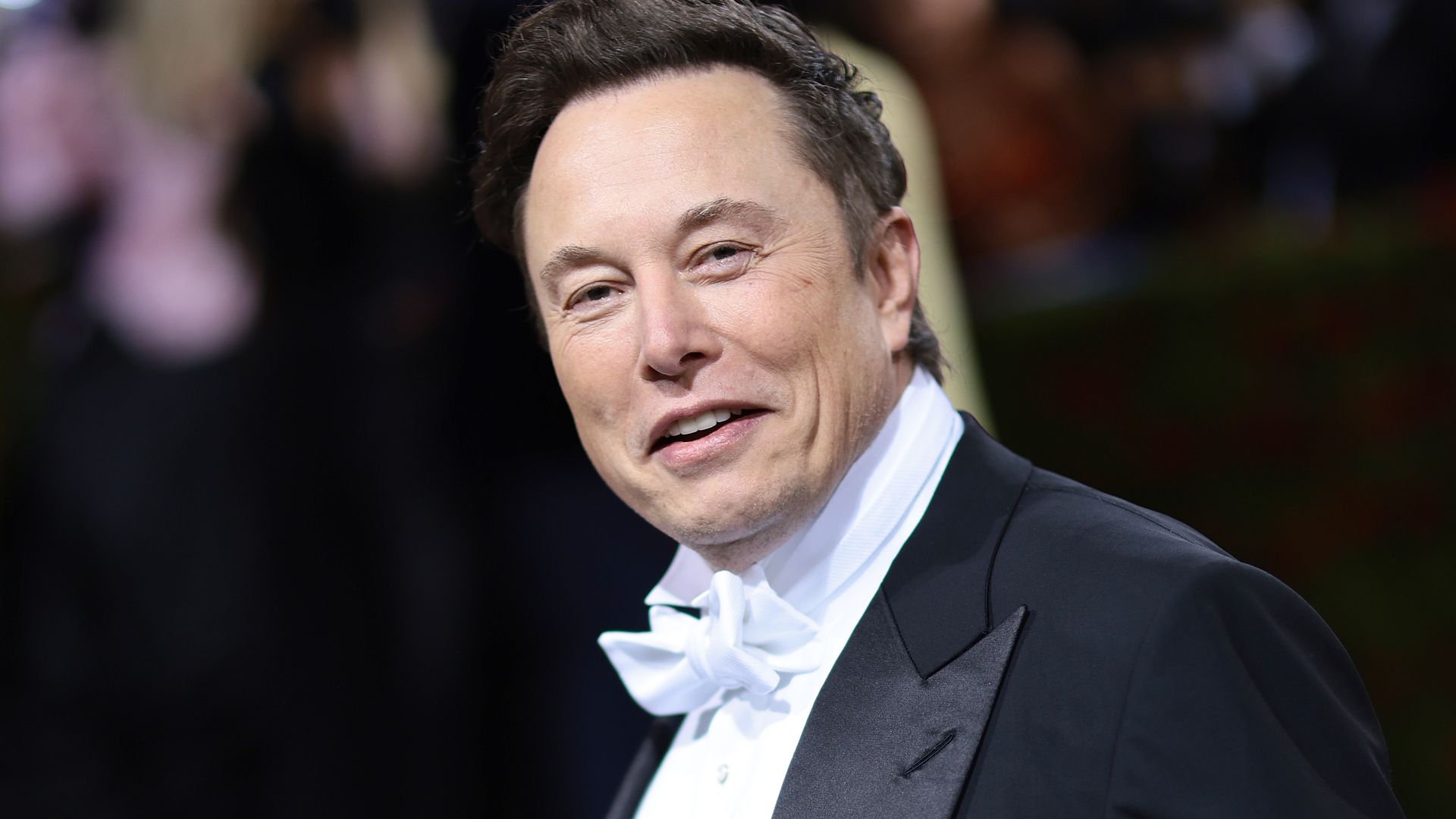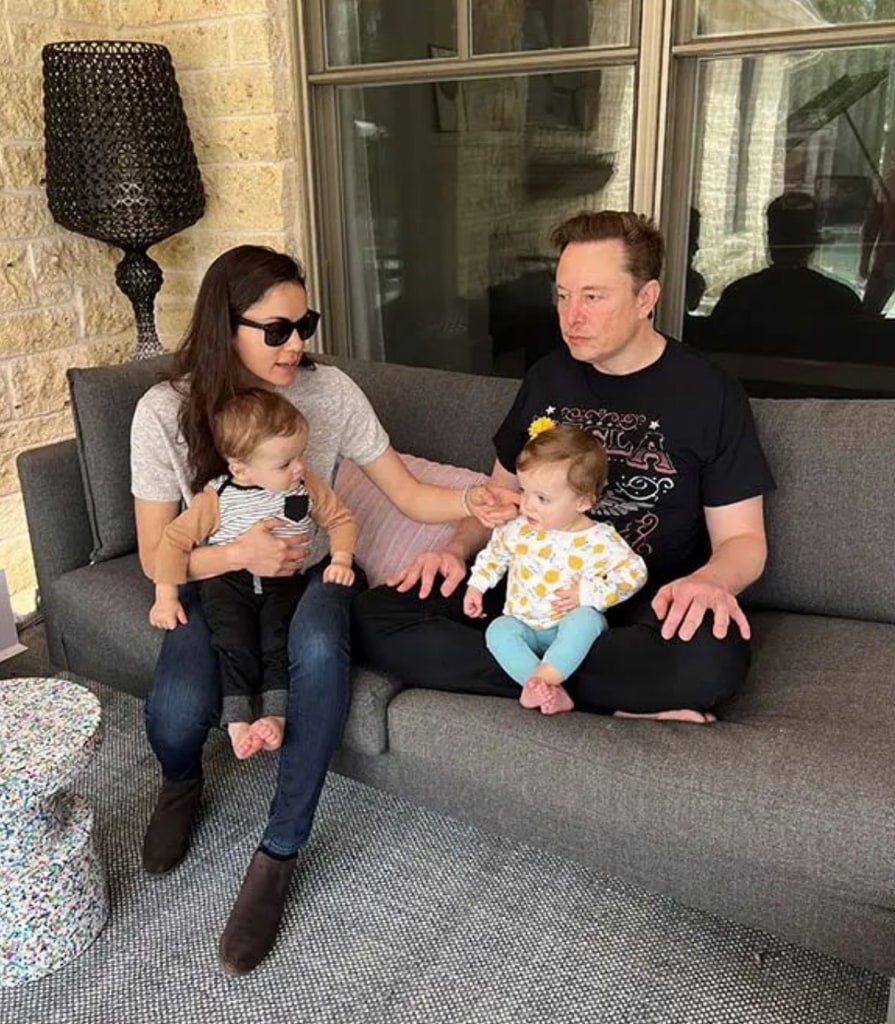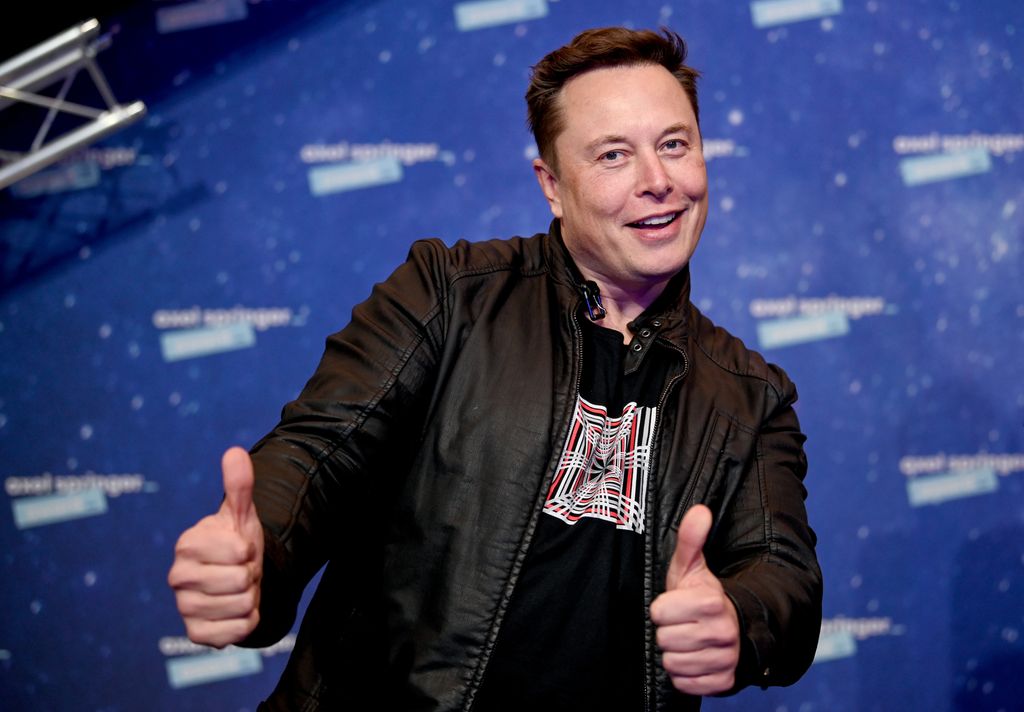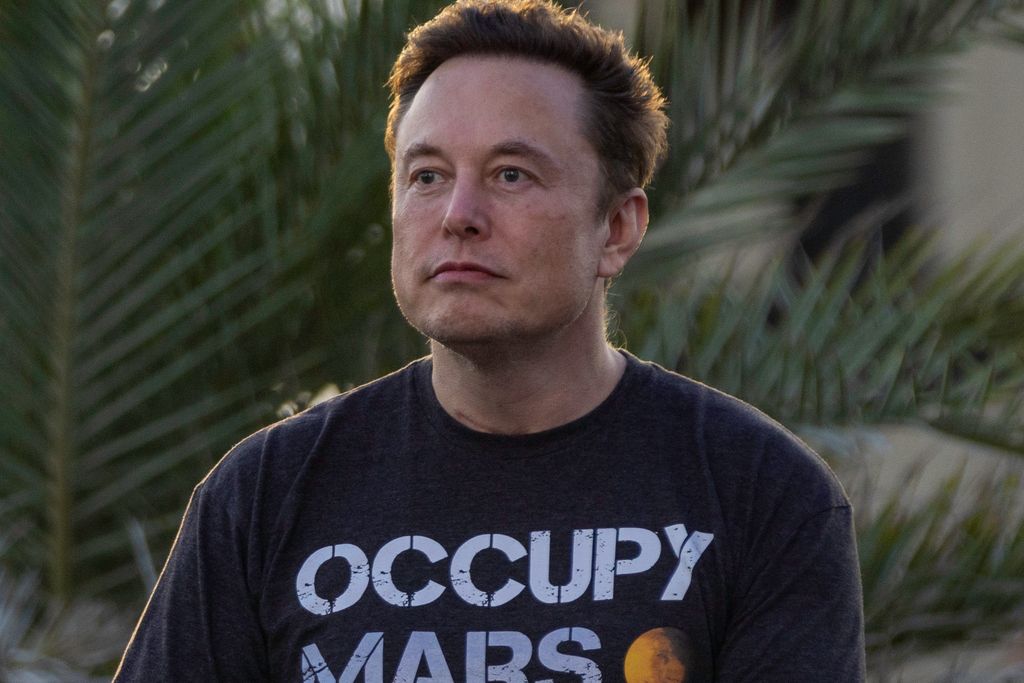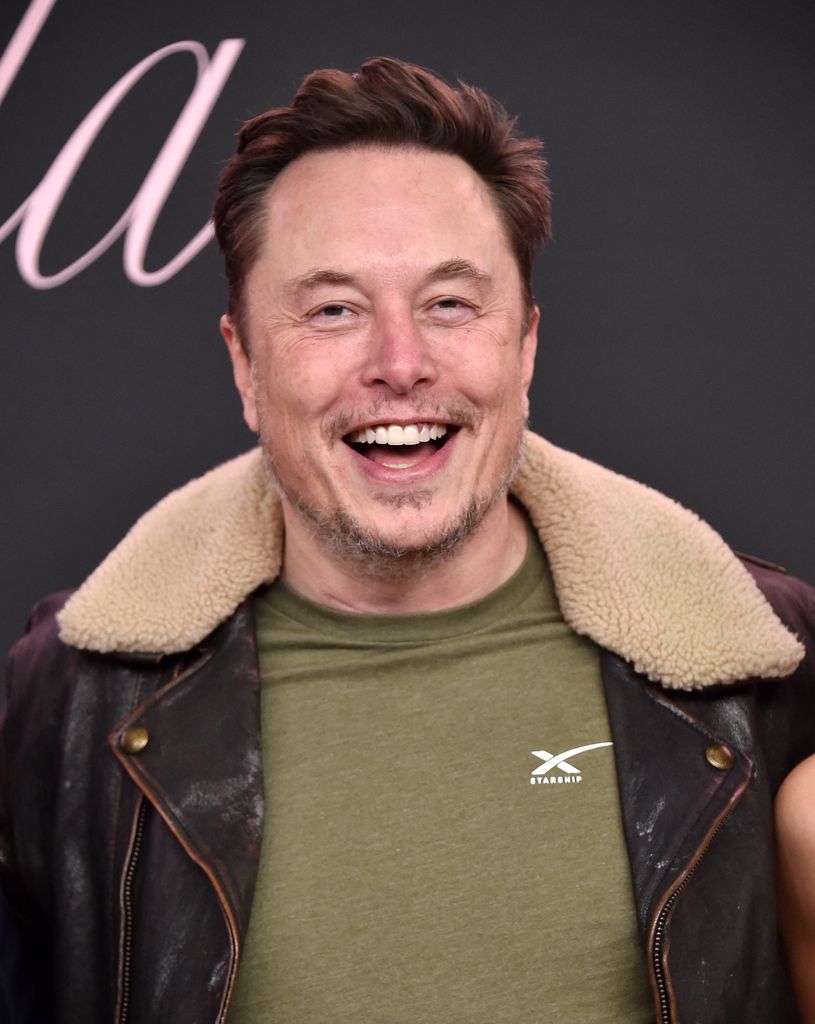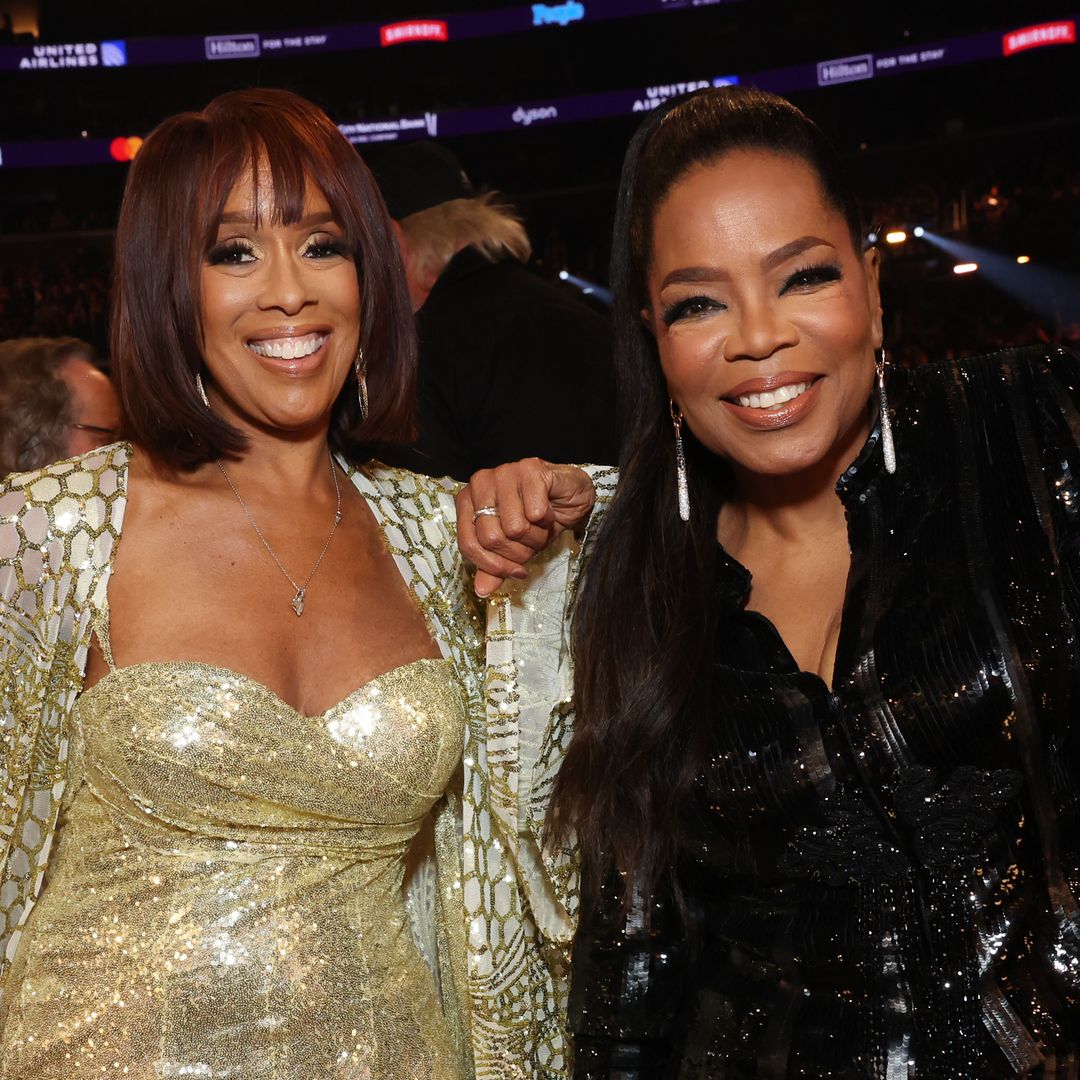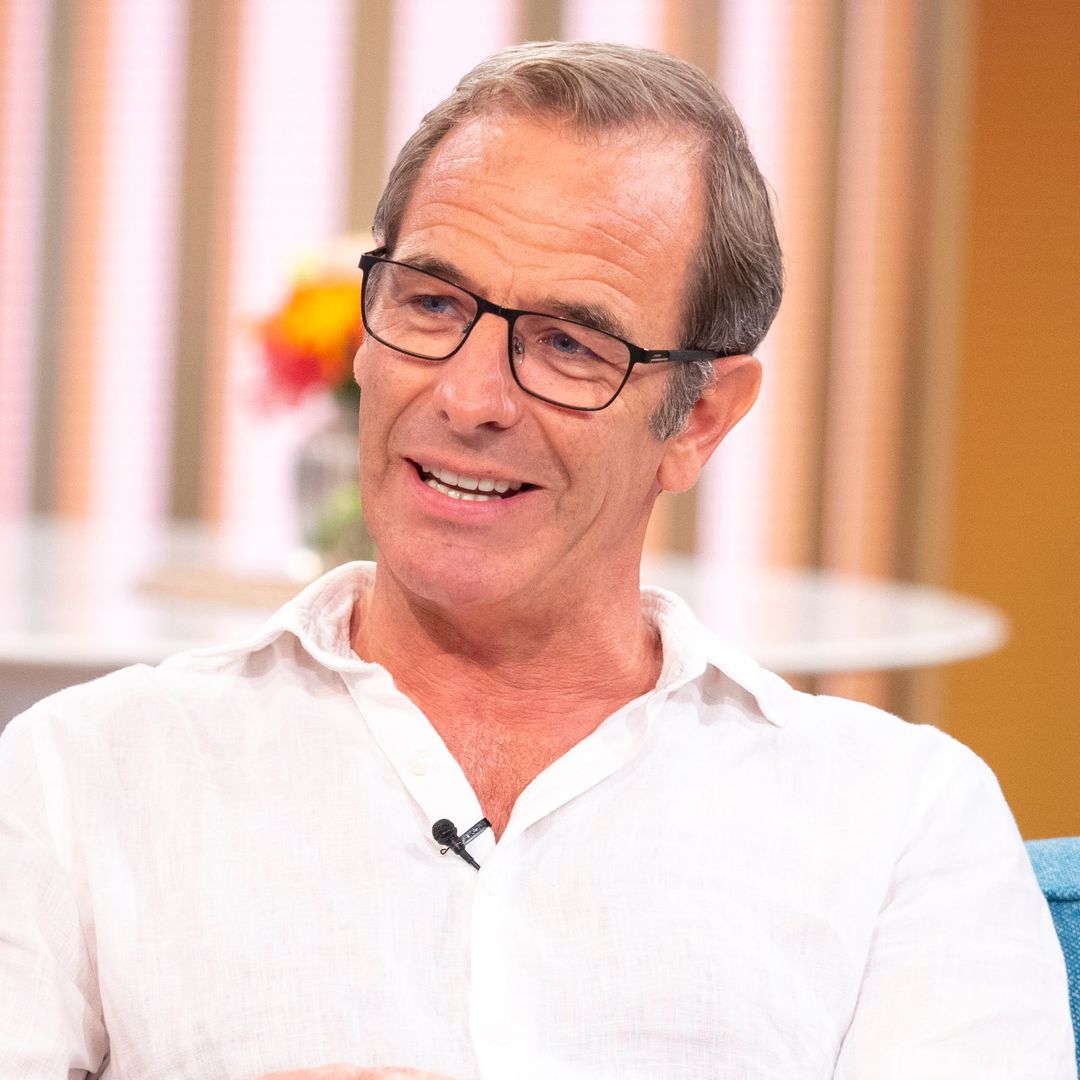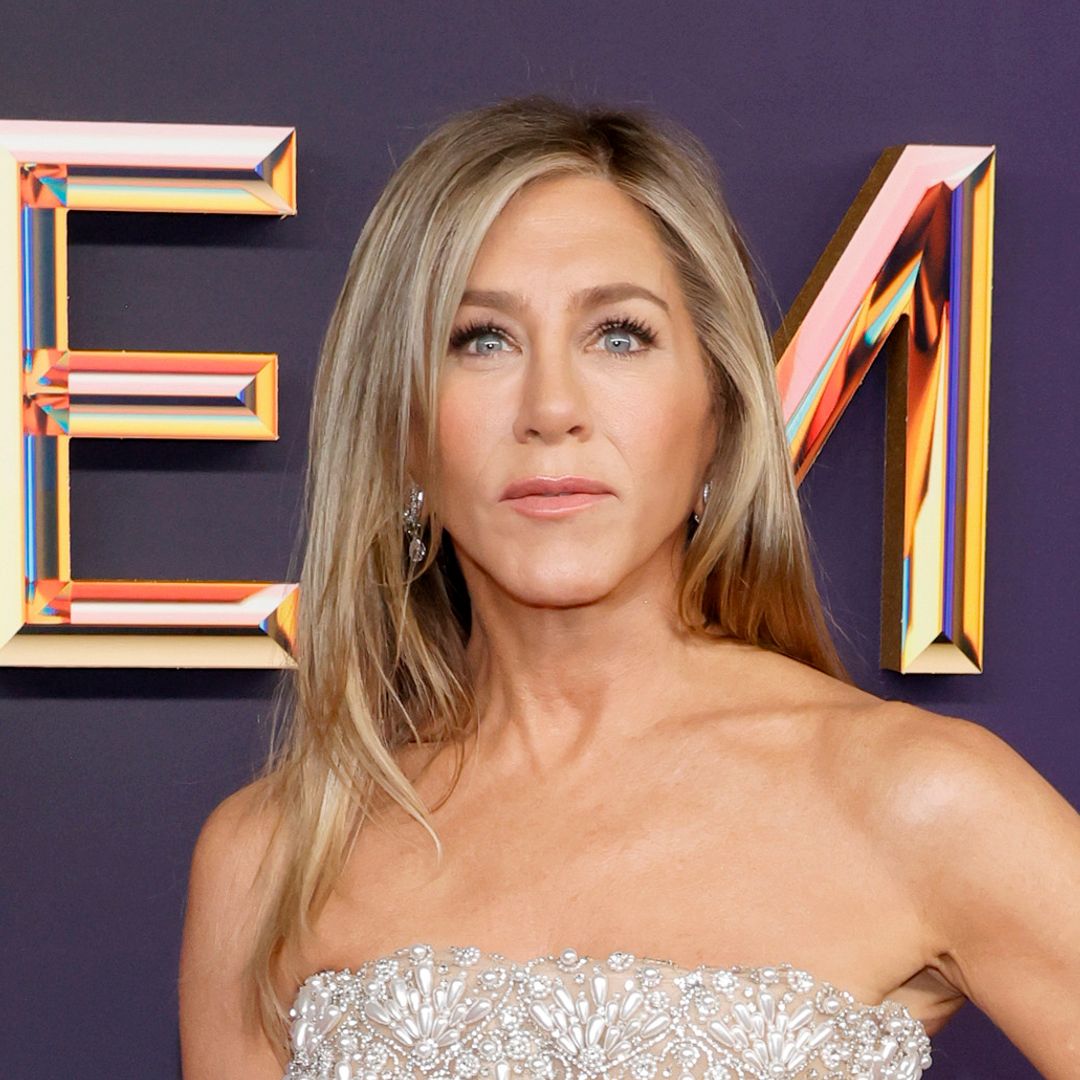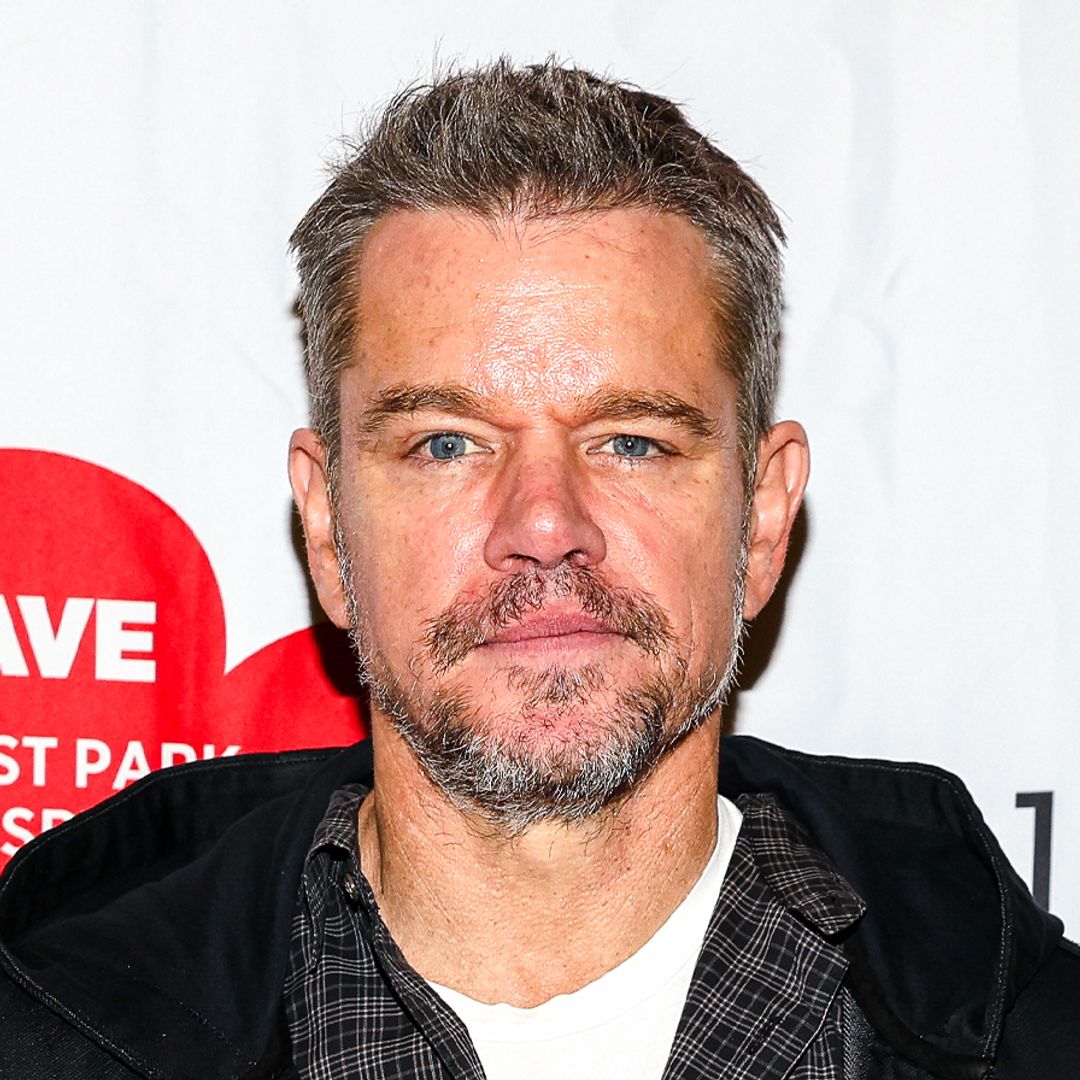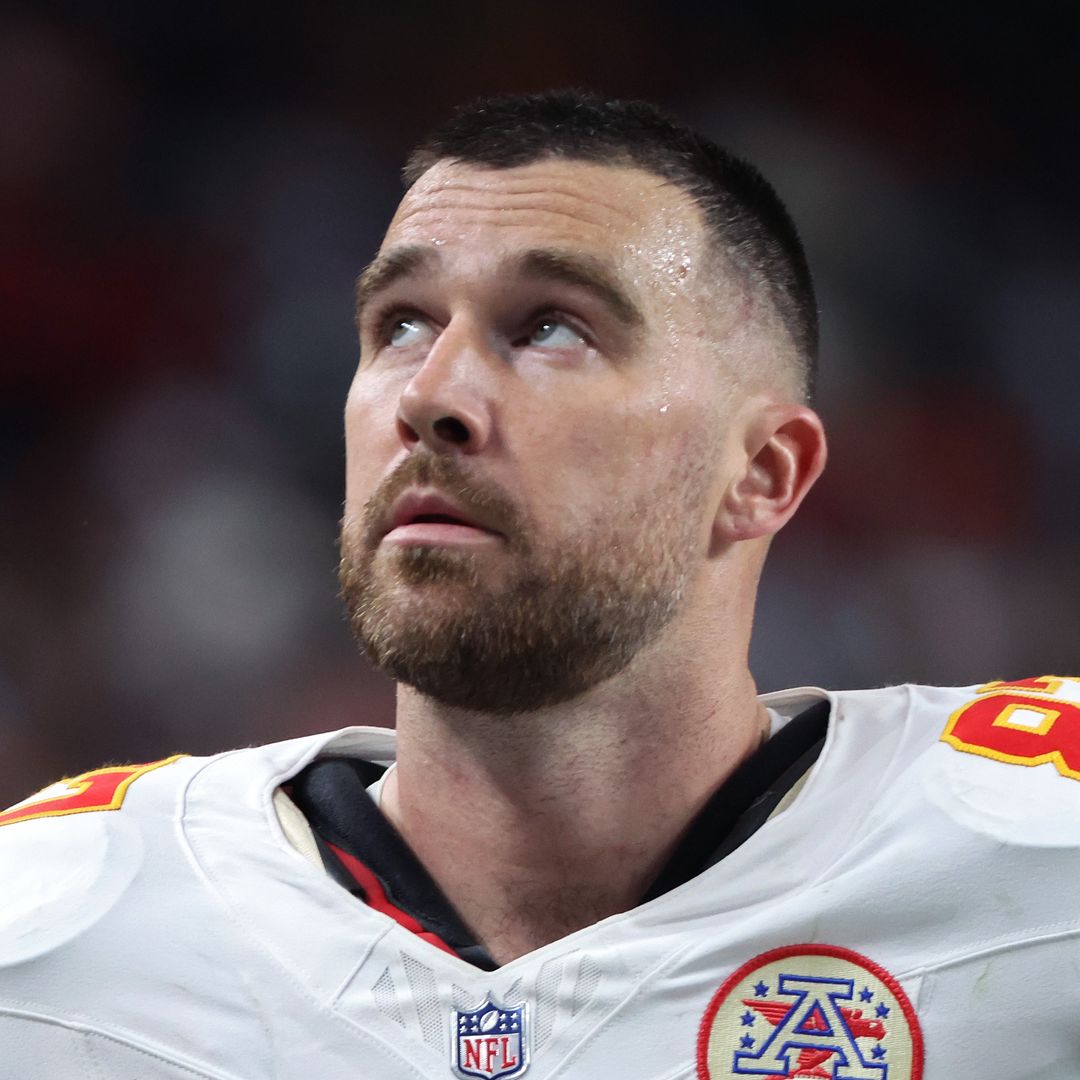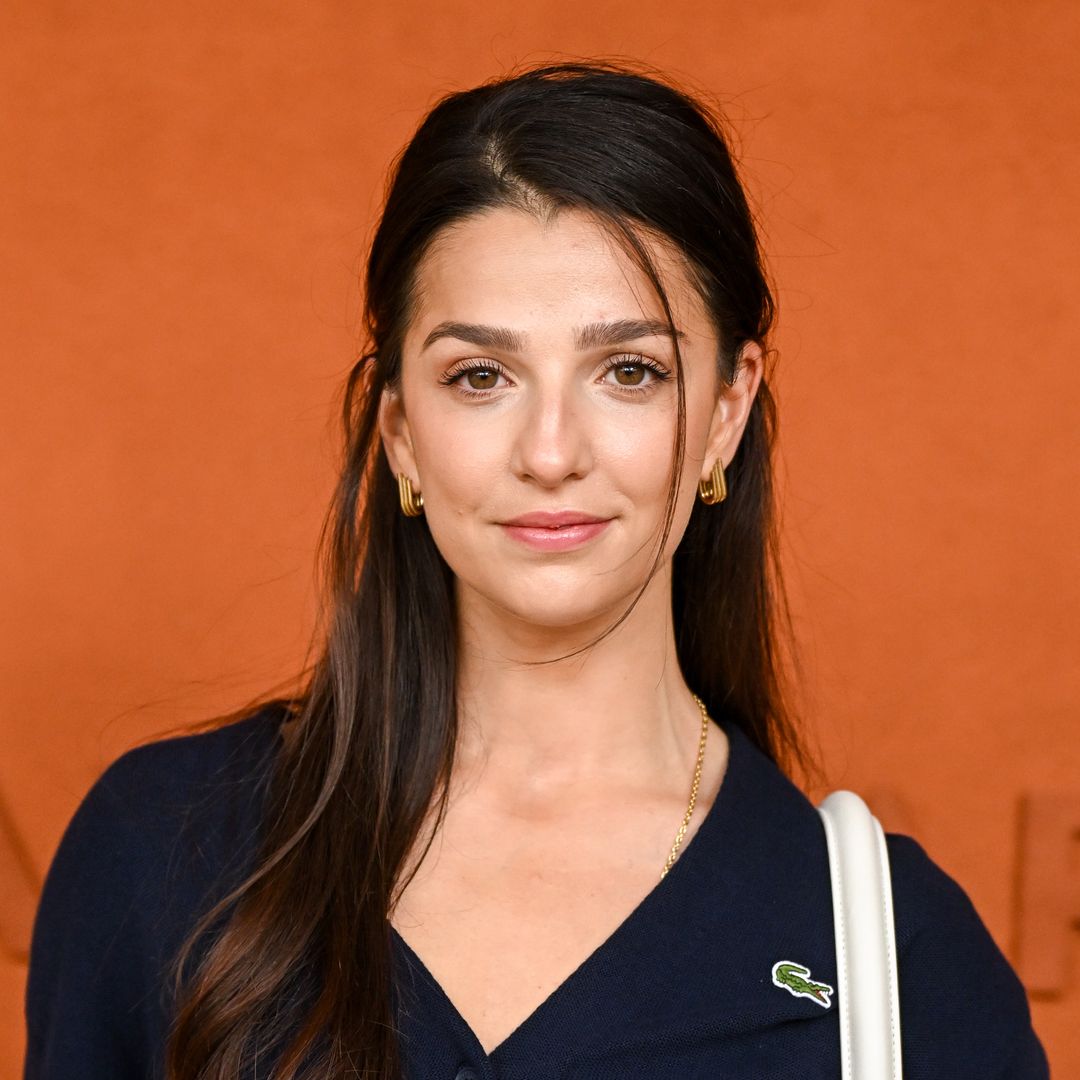At the recent Milken Global Conference in Los Angeles, Tesla and SpaceX CEO Elon Musk shared intriguing insights into his bedtime routine and the fears that influence both his personal habits and professional endeavors.
Known for his revolutionary ideas and contributions to technology, Elon disclosed that he listens to podcasts about the fall of civilizations to help him drift off to sleep—a topic that also ranks as one of his greatest anxieties.
"Anything that's a civilizational risk," Elon remarked when discussing his major concerns, as reported by The Independent.
This includes potential threats that could undermine the foundations of democracy globally or shift societies away from merit-based systems. Interestingly, the same subjects that fuel his fears also serve as his nightly lullabies.
The conversation at the conference revealed more than just Elon’s unique approach to managing his anxieties; it also delved into his visionary projects and predictions for the future.
He expressed his belief that humans will eventually need to merge with machines to avoid becoming obsolete. This concept has been put into practice at his Neuralink company, which is pioneering brain chip technology.
Neuralink's achievements were highlighted with an update on Noland Arbaugh, a 29-year-old who had the device implanted over 100 days ago and is still reporting positive results.
Noland, who suffered a severe spinal injury from a driving accident in 2016, described how the brain chip has significantly improved his quality of life by enabling him to operate computers independently, enhancing his ability to communicate and play video games.
The trial faced challenges when Noland developed a serious condition shortly after the surgery, but it has since moved forward successfully.
Elon's focus on the potential perils and promises of artificial intelligence (AI) was another key topic of his discussion.
He has long voiced his concerns about "deep AI," which he believes could surpass human intelligence by 2025.
His stance on AI development is firm: it should be advanced in a manner that benefits humanity, without being programmed to lie or distort the truth, even if it may be politically inconvenient. "The AI should not be taught to lie, it should not be taught to say things that are not true. Even if those things are politically incorrect, it should still say what it believes to be true," he emphasized during his talk.
Beyond technology, Elon also touched on his principles regarding free speech, a value that motivated his controversial purchase of Twitter, now known as X, in 2022.
He reiterated his belief that censorship poses a significant threat to democracy and criticized recent legislative proposals in Canada that could allow victims of hate speech to seek financial compensation, labeling them as "insane."
